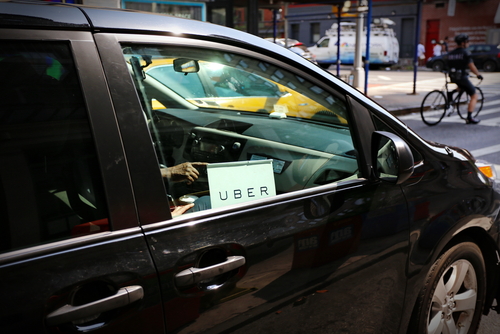Sharing economy is more-or-less defined as a business model that allows consumers to share access to goods or services that were previously only available through regulated industries. Sharing economy is a rapidly growing trend that has drastically changed the way many industries operate, and while the idea behind this model carries a strong ‘power to the people’ essence, it has undoubtedly created its fair share of challenges for workers. Let’s first look at some obvious examples of sharing economy.
AirBnb
AirBnb completely disrupted the hotel industry by creating a platform where virtually anyone can act as a hotel for as long or short as they want. In the past, the hospitality industry was somewhat streamlined, now, AirBnb has allowed the average person to rent out their own home to travelers, creating a cost-effective, often more convenient alternative to hotels.
Uber
By allowing consumers the opportunity to share rides with one another and bringing a more cost effective transportation option to market, Uber has disrupted the taxi industry.
Once again, although sharing economy does has its perks (cheaper options, greater flexibility for consumer, greater flexibility for service provider, etc.), it most definitely creates some issues for workers as it takes industries that were previously centralized and controlled, and decentralizes them. What then happens overtime is an inevitable decline in jobs within these regulated industries and an increased demand for workers in more precarious positions. These positions within the sharing economy structure typically fail to uphold decent labour standards and leave workers unprotected.
For example, companies like Uber will typically try to bring workers on as self-employed contractors rather than employees, meaning no benefits, and in some instances, being paid below minimum wage. At the end of the day, the independence and ‘freedom’ that comes from the sharing economy model serves to benefit consumers and does not consider the long term needs of the workers.
While we love to see innovation and business development within our communities, we must consider how we will continue to protect workers in an ever evolving economy. Regardless of the changes that takes place, we’ll work long and hard to make sure you and your fellow Albertan workers are protected. If you have questions about how we can help you as the trend of the sharing economy continues to grow, get in touch with us.






Comments are closed.